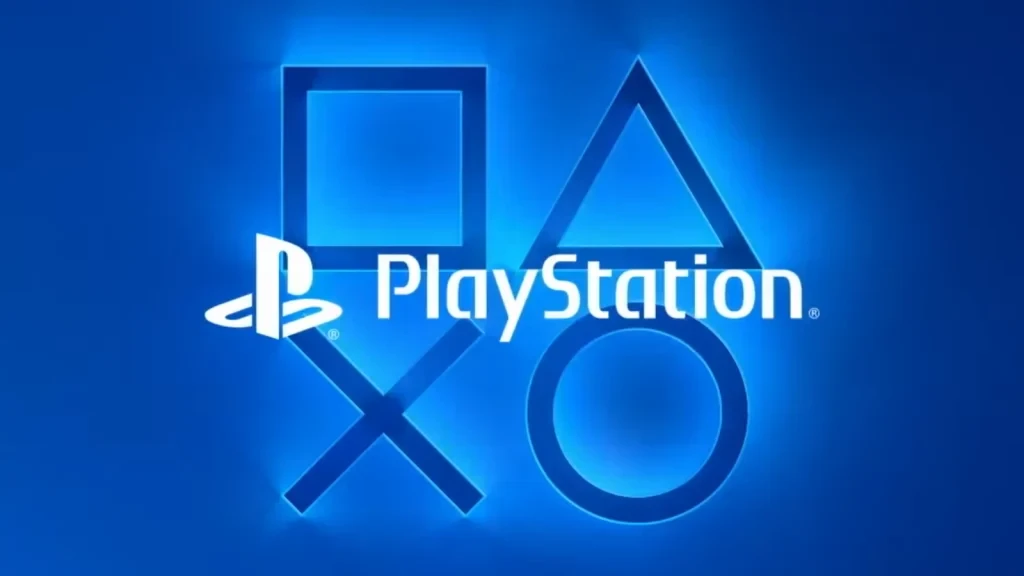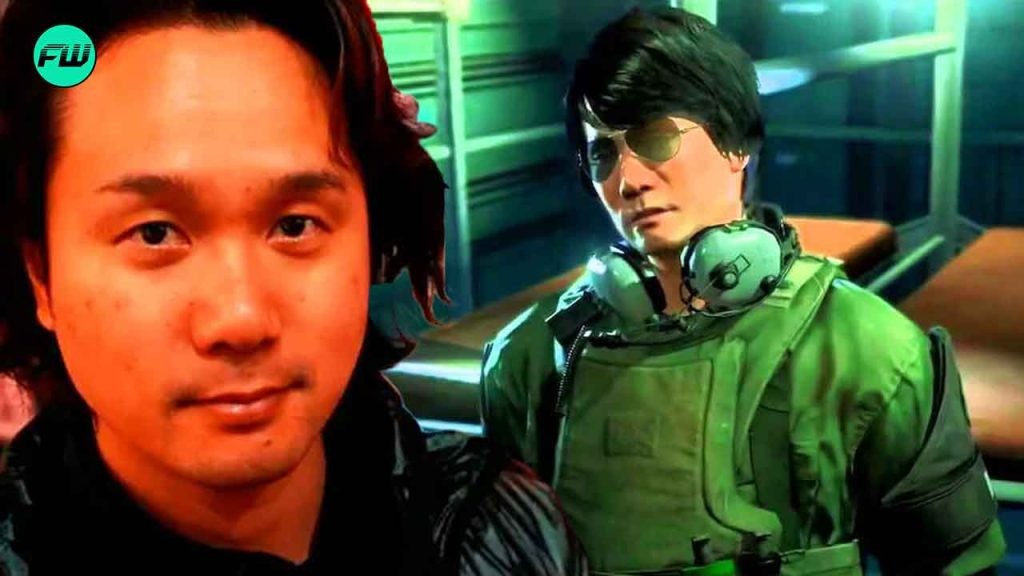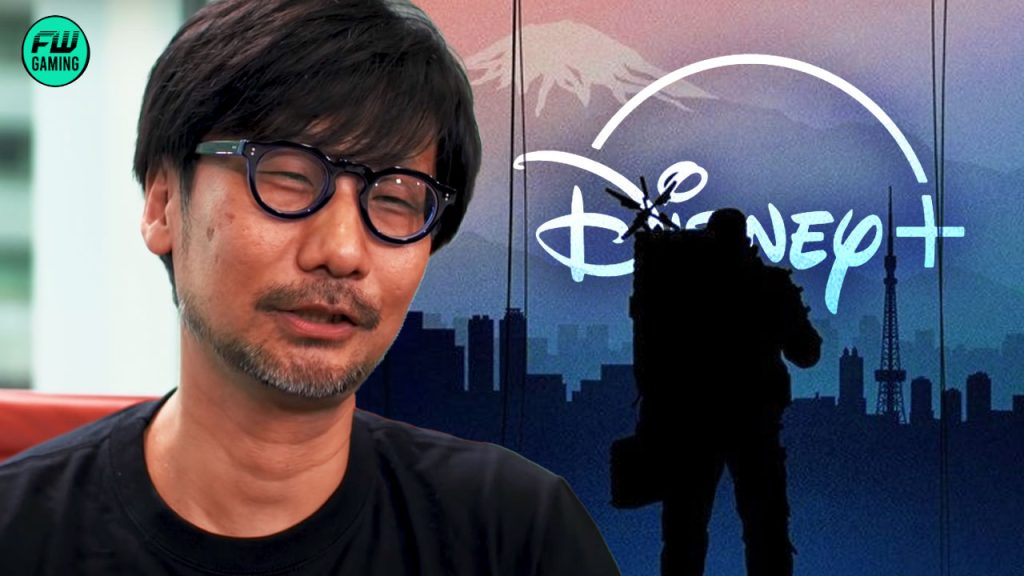Sony was the first to provide support to Hideo Kojima after he parted ways with Konami, allowing him to establish himself as an independent game developer. This freedom has granted Kojima to create games without budget limitations and operate with unrestricted creative control.
At the time when Kojima initially pitched a brand new IP to publishers and waited to see which one would gamble on their brand. Sony did not hesitate and jumped at the opportunity to work with the legendary director and the project turned out to be Death Stranding, Kojima’s latest attempt to redefine the stealth action genre.
Sony’s Gamble Paid Off

It was revealed by Geoff Keighley, the founder of The Game Awards, an annual celebration of gaming where gamers and developers come together to celebrate games and witness world premieres, in the early segments of Hideo Kojima’s Connecting Worlds documentary that is exclusively streaming on Disney+ that news had gotten out of Hideo pitching a new triple-A IP but at the time no one was willing to take a gamble and bankroll the project despite the director’s perfect record streak with his Metal Gear series during his time with Konami until PlayStation got involved.
Each company has its unique strategies, other rival gaming companies such as Microsoft and their flagship home console; the Xbox focus on hardware and other experimental cloud-based services which they have benefitted from and why they remain relevant and a serious threat. PlayStation invests in talent and exclusives which is why that must be a factor in why they collaborated with Kojima in the first place. Nintendo follows a similar route by being a hybrid of the two with experimental hardware and a strong library for first-party titles.
PlayStation and Hideo Kojima are Futurists

PlayStation has developed a unique formula akin to the success of blockbuster films which consists of always having something to look forward to in the following years. Both parties benefitted from this ever since the reveal of Death Stranding at E3 in 2016, which blew the collective minds of the gaming community.
Sony and Konami are both strong businesses that know what they are doing to have lasted this long. Each move they make is planned from the minute detail, unfortunately for Konami, they lack vision. PlayStation Studios are known for their visually stunning, rich narrative, and movie-like first-party titles since the PS3 era, and they saw the potential of Kojima Productions. Some are questioning why they didn’t acquire the studio outright but Sony also has integrity and honor, they didn’t tie Kojima’s hands and force him to solely develop for their platform.
Hideo Kojima has been in the business since 1986 and he carried his passion and knowledge for story-telling and film, injecting it into his works of art in a different format. Sony aims to provide the greatest experience imaginable and so does Kojima which makes their collaboration a match made in heaven.




